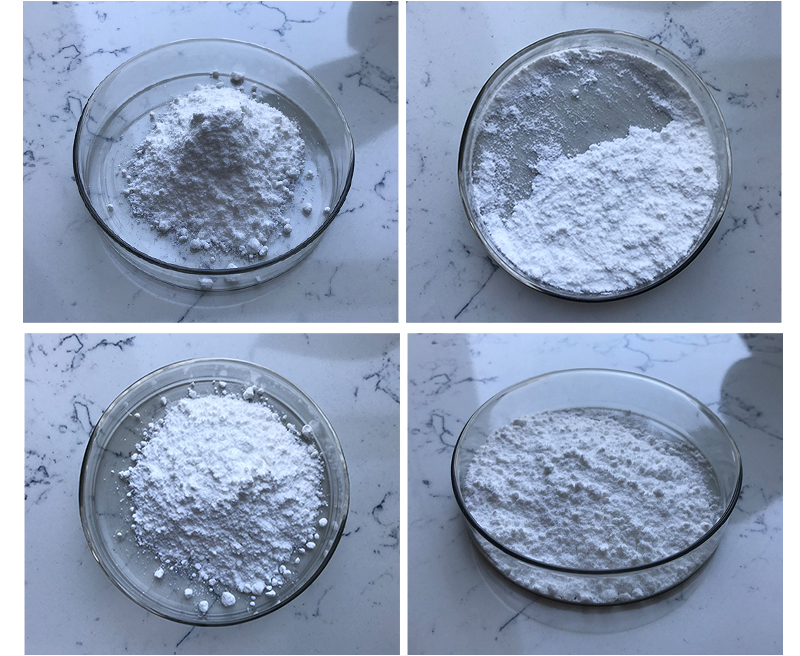Pterostilbene is a natural compound that belongs to the stilbene family, which also includes resveratrol. It is found in certain plants and fruits, such as blueberries, grapes, and peanuts. Pterostilbene has gained attention for its potential health benefits, but like any dietary supplement, it has its pros and cons. Here’s an overview of the pros and cons of pterostilbene:
Pros of Pterostilbene:
Antioxidant Properties: Pterostilbene is a potent antioxidant that can help combat oxidative stress. It may protect cells from damage caused by free radicals and reduce the risk of chronic diseases.
Anti-Inflammatory: Pterostilbene has demonstrated anti-inflammatory properties in some studies, which could be beneficial for various inflammatory conditions and overall health.
Cardiovascular Health: Some research suggests that pterostilbene may support heart health by lowering blood pressure, reducing cholesterol levels, and improving blood vessel function.

Cognitive Function: There is evidence to suggest that pterostilbene may have a positive impact on cognitive function. It could potentially help protect against age-related cognitive decline and neurodegenerative diseases.
Cancer Prevention: Some studies have shown that pterostilbene may have anticancer properties, potentially inhibiting the growth of cancer cells. However, more research is needed to establish its efficacy.
Cons of Pterostilbene:
Limited Research: Pterostilbene is not as extensively studied as other compounds like resveratrol. This means that its long-term safety and effectiveness are not well-established.
Dosing and Absorption: The optimal dosage and absorption of pterostilbene in humans are not well-defined. The bioavailability of pterostilbene is relatively low, which means that you may need to take higher doses to achieve the desired effects.
Potential Side Effects: While pterostilbene is generally considered safe, some people may experience side effects, such as digestive issues, when taking it in high doses.
Drug Interactions: Pterostilbene may interact with certain medications, particularly those affecting blood clotting or blood pressure. If you’re taking prescription medications, it’s essential to consult with a healthcare professional before using pterostilbene.

Cost: High-quality pterostilbene supplements can be relatively expensive, which may not be cost-effective for some individuals.
Natural Sources Preferred: Obtaining pterostilbene from natural dietary sources, such as blueberries and grapes, is generally considered a safer and more balanced approach than relying solely on supplements.
In conclusion, pterostilbene shows promise as a potential dietary supplement for various health benefits. However, it’s important to exercise caution, consult with a healthcare professional, and be aware of the limited research and potential side effects associated with its use. Whenever considering a new supplement, it’s essential to weigh the pros and cons, and make an informed decision based on your individual health needs and circumstances.
